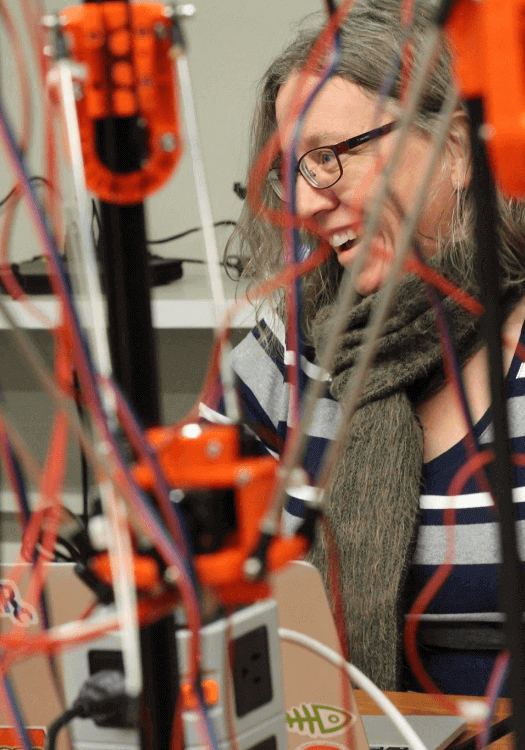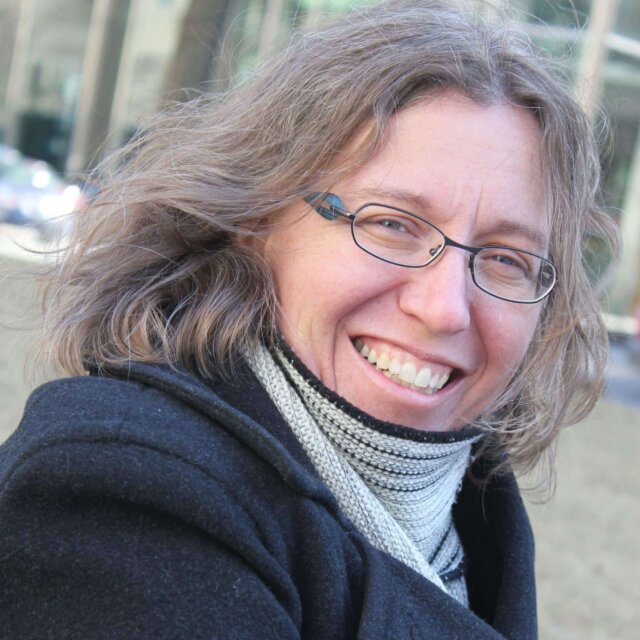About
Education Makers develop learning communities around maker culture with schools, community organizations, colleges and universities. Maker culture embodies do-it-yourself tinkering using tiny, affordable open-source computers, electronics and recycled items to further sustainability, equity, social innovation, the democratization of innovation and community building.
Over the past centuries, education institutions have favoured individual work to learn encapsulated knowledge to prepare learners for the real world. Education Makers are turning this model on its head and engage learners in self-directed experiential learning through risk-tolerant, persistent problem-solving in interdependent communities tackling complex, socially-relevant problems.
Education Makers are grounding their work in research scholarship and community relevance. We create partnerships to engage learners from 9 to 99 years-old into maker-led adventures where almost everything is possible. We are interested in the development of 21st-century skills through a community of makers that are becoming the “peopleware” necessary to foster risk-tolerant social innovation in educational communities. We are pioneering inclusive, intergenerational, and collaborative communities to develop world-class expertise in fostering maker-led social innovations grounded in educational theory.
Our Story
Education Makers started tinkering and innovating informally in 2015 when Dr. Ann-Louise Davidson invited some students to build an arcade table (https://www.element14.com/community/docs/DOC-80946/l/pik3a-the-raspberry-pi-3-ikea-retro-gaming-table) using Retropie (https://retropie.org.uk/download/), a videogame emulation station for retro-gaming that builds on Raspian, an operating system for Raspberry Pi (https://www.raspberrypi.org/).
We had to create a prototype, program the emulation station and install ROMs, dismantle an LCD monitor and speakers, solder wires, connect the control interface (buttons and joystick), cut open the table and mount the components, then fit all the wires inside. This looked like a fairly easy task, but it turned out that there were many unforseen problems. Building the arcade table was a multi-level and multifaceted 20-hours+ challenge! None of us had all the skills necessary to build the table on our own. We realized that the sum of our collective skills was bigger than all the individual skills that we had. We used this table as a demo piece to start building partnerships with education institutions and community centers.
Since then, we have built 3D printers, given workshops on 3D modelling, built arcade tables, modded gamepads and established several partnerships.
Check out our projects page to see what we’re currently working on!


